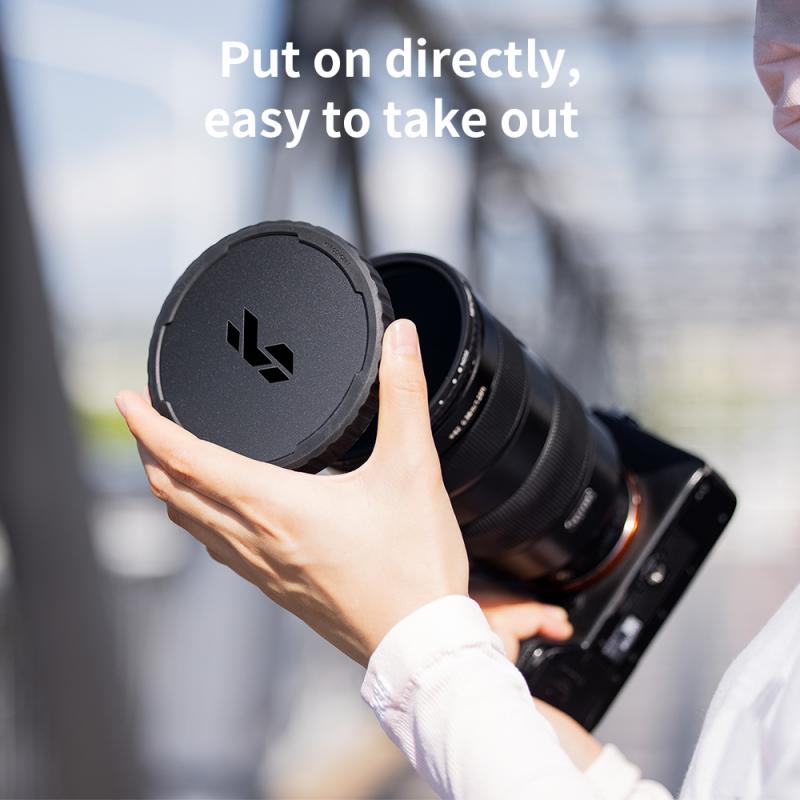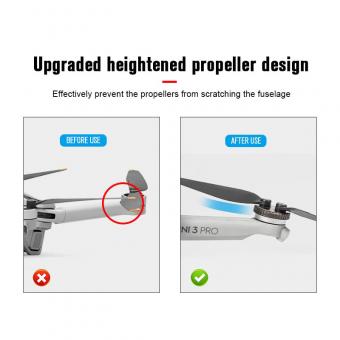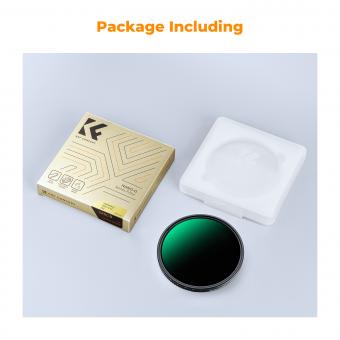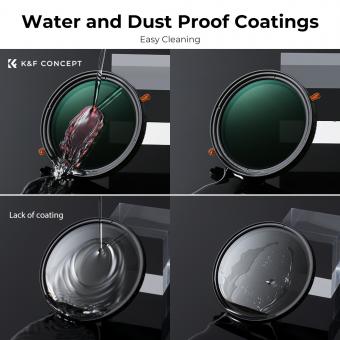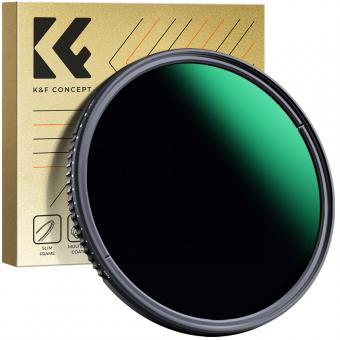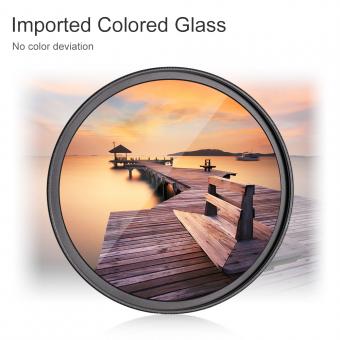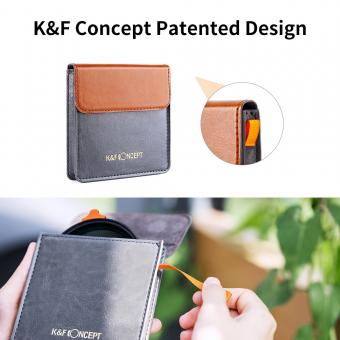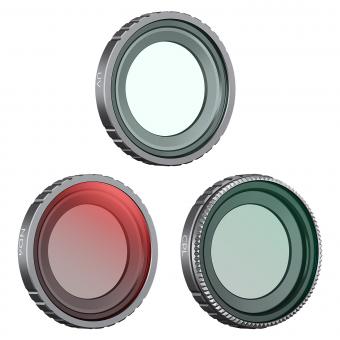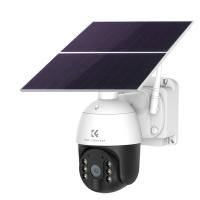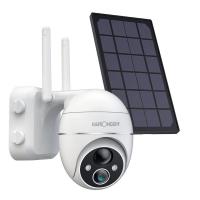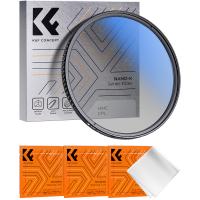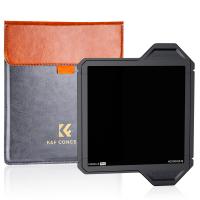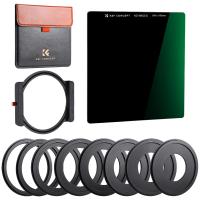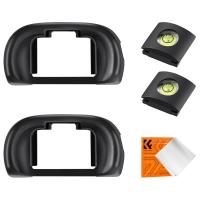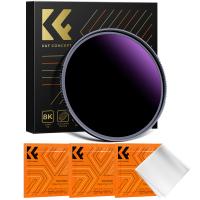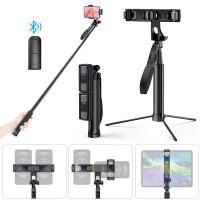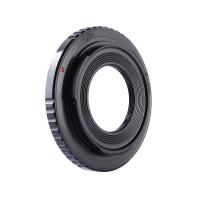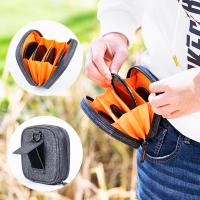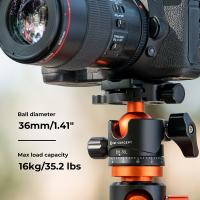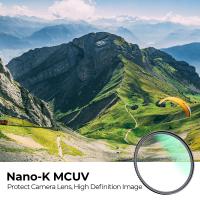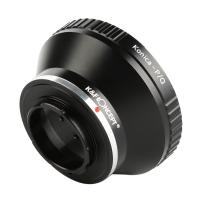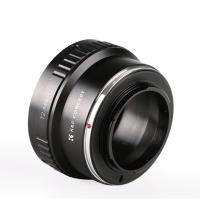Are Uv Filters Worth It ?
UV filters can be worth it in certain situations. They are primarily used to block ultraviolet light from entering the camera lens, which can cause hazy or washed-out images. UV filters can help improve image clarity and reduce the risk of lens flare. However, the effectiveness of UV filters is often debated among photographers. Some argue that modern lenses already have built-in UV protection, making additional filters unnecessary. Others believe that UV filters provide an extra layer of protection for the lens, shielding it from scratches, dust, and moisture. Ultimately, the decision to use a UV filter depends on personal preference and the specific shooting conditions.
1、 UV Filters: Purpose and Function in Photography
UV filters are a common accessory in photography, but the question of whether they are worth it remains a topic of debate among photographers. The primary purpose of a UV filter is to block ultraviolet light from entering the camera lens, which can cause hazy and washed-out images, especially in high-altitude or coastal environments.
One argument in favor of UV filters is that they provide an extra layer of protection for the lens. They act as a barrier against dust, moisture, and scratches, reducing the risk of damage to the lens itself. This can be particularly beneficial for photographers working in challenging conditions or those who frequently change lenses.
However, some photographers argue that the use of UV filters can degrade image quality. They claim that adding an additional piece of glass in front of the lens can introduce lens flare, reduce contrast, and potentially cause unwanted reflections. Additionally, modern camera lenses are often coated to minimize the impact of UV light, making the use of UV filters less necessary.
It is important to note that the latest point of view on UV filters suggests that their usefulness may vary depending on the specific circumstances. For example, in situations where there is a high risk of lens damage, such as shooting in sandy or dusty environments, using a UV filter can provide valuable protection. On the other hand, for photographers who prioritize image quality and are shooting in controlled conditions, the use of a UV filter may not be necessary.
Ultimately, the decision to use a UV filter comes down to personal preference and the specific shooting conditions. Photographers should consider the potential benefits and drawbacks, as well as the quality of their lenses, before deciding whether UV filters are worth it for their photography needs.
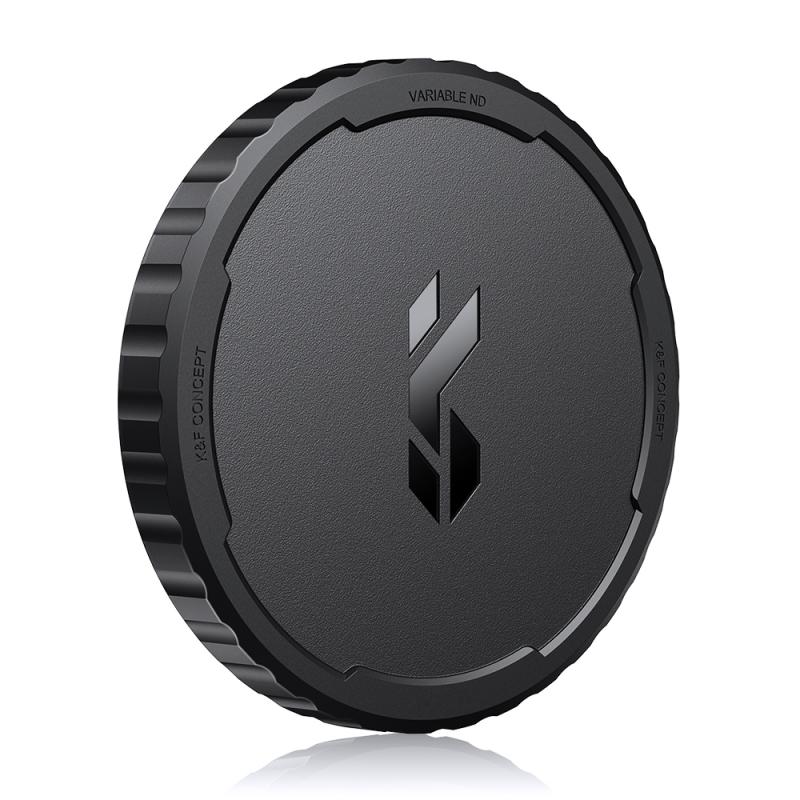
2、 Benefits of UV Filters for Lens Protection
UV filters are a popular accessory for photographers, but the question of whether they are worth it remains a topic of debate. UV filters are primarily used to protect camera lenses from scratches, dust, and other potential damage. They also claim to reduce the effects of ultraviolet light, which can cause haze and reduce image clarity.
One of the main benefits of UV filters is lens protection. They act as a physical barrier, shielding the lens from potential harm. This can be particularly useful in outdoor photography, where lenses are exposed to elements like sand, water, and dust. By using a UV filter, photographers can avoid costly repairs or lens replacements.
However, some argue that modern lens coatings are already effective in protecting against scratches and dust, making UV filters redundant. Additionally, the use of a filter can introduce additional elements that may affect image quality, such as lens flare or reduced contrast. Critics also argue that the impact of UV light on image quality is minimal in digital photography, as most modern sensors have built-in UV filters.
Despite these arguments, many photographers still choose to use UV filters for lens protection. They provide peace of mind and can be easily replaced if damaged. Furthermore, some photographers believe that UV filters can enhance image quality by reducing haze and improving color saturation, especially in high-altitude or coastal environments.
In conclusion, the decision of whether UV filters are worth it ultimately depends on personal preference and shooting conditions. While lens protection is a valid concern, the impact of UV filters on image quality may be negligible in modern digital photography. It is important for photographers to weigh the benefits and drawbacks and make an informed decision based on their specific needs and shooting style.
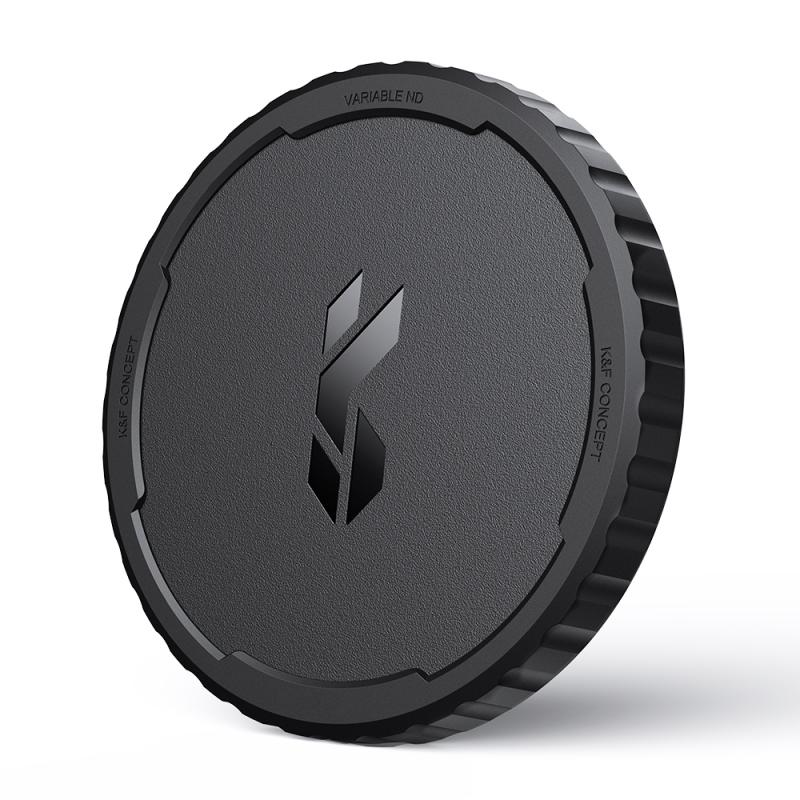
3、 Controversy Surrounding the Effectiveness of UV Filters
Controversy Surrounding the Effectiveness of UV Filters
The question of whether UV filters are worth it has been a subject of debate among photographers and experts in the field. UV filters are designed to block ultraviolet light, which can cause hazy and washed-out images, especially in outdoor photography. Proponents argue that these filters provide an added layer of protection for camera lenses, reducing the risk of scratches, dust, and other potential damage. However, there are differing opinions on the effectiveness of UV filters and whether they are truly necessary.
One argument against the use of UV filters is that modern camera lenses are already equipped with coatings that effectively reduce UV light. Manufacturers claim that these coatings are sufficient to eliminate the need for an additional filter. Additionally, some photographers argue that UV filters can introduce unwanted lens flare and reduce image quality, particularly when using lower-quality filters.
On the other hand, proponents of UV filters argue that even though lens coatings are effective, they may not provide complete protection against UV light. They believe that adding a UV filter can further enhance the protection of the lens, especially in harsh environments. Furthermore, UV filters can be easily replaced if they get scratched or damaged, potentially saving the lens from costly repairs.
It is important to note that the latest point of view leans towards the idea that UV filters may not be necessary for all situations. Many photographers now prefer to invest in high-quality lenses with advanced coatings, relying on the built-in protection rather than adding an extra filter. However, there are still photographers who swear by the use of UV filters, especially in situations where lens protection is a top priority.
Ultimately, the decision of whether UV filters are worth it depends on individual preferences and shooting conditions. It is advisable to consider the specific needs and requirements of each photographic situation before making a decision.
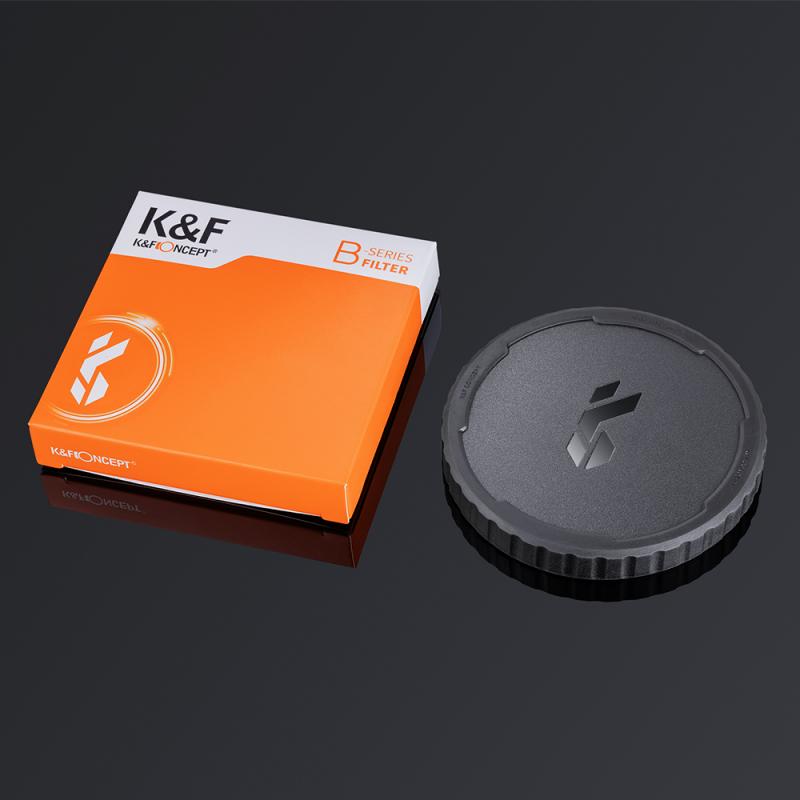
4、 UV Filters and Image Quality: Debunking Common Myths
UV filters have long been a topic of debate among photographers, with some arguing that they are essential for protecting their lenses, while others claim they have a negative impact on image quality. However, recent studies and advancements in lens technology have shed new light on this issue, debunking common myths and providing a more nuanced perspective.
One of the most common arguments against UV filters is that they degrade image quality by introducing lens flare, reducing contrast, and causing unwanted reflections. While this may have been true in the past, modern UV filters are designed with multi-coating technology that minimizes these issues. High-quality filters from reputable manufacturers can effectively block UV light without significantly affecting image quality.
Another myth surrounding UV filters is that they are unnecessary because modern lenses already have built-in UV protection. While it is true that most lenses have some level of UV coating, it is often not sufficient to completely block harmful UV rays. UV filters provide an additional layer of protection, particularly in situations where the lens coating may be compromised, such as in harsh weather conditions or when shooting near water or sand.
In terms of lens protection, UV filters are undoubtedly worth it. They act as a physical barrier, shielding the front element of the lens from scratches, dust, and moisture. This can be especially beneficial for photographers who frequently shoot in challenging environments or engage in outdoor activities.
However, it is important to note that not all UV filters are created equal. Investing in high-quality filters from reputable brands is crucial to ensure minimal impact on image quality. Cheaper filters may introduce unwanted artifacts or reduce sharpness, negating the benefits they are intended to provide.
In conclusion, UV filters are worth it for lens protection and can be used without significant impact on image quality if high-quality filters are chosen. With advancements in technology, the negative effects commonly associated with UV filters have been greatly minimized. Ultimately, it is up to each photographer to weigh the benefits and potential drawbacks based on their specific needs and shooting conditions.
